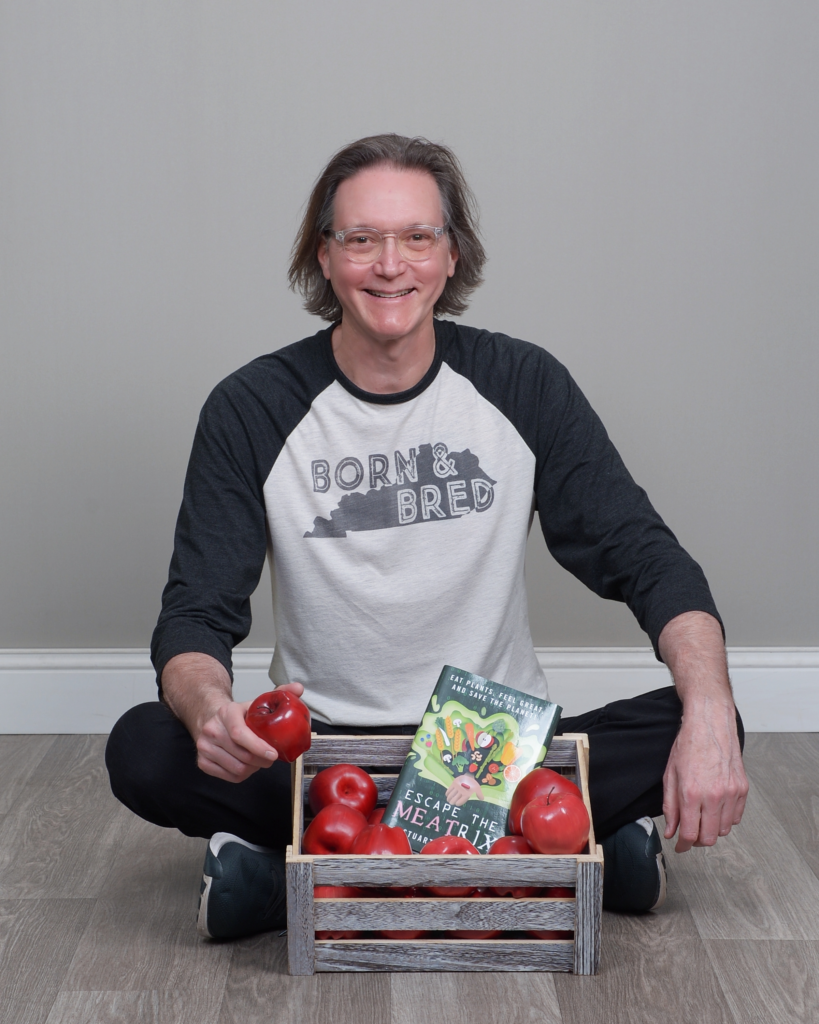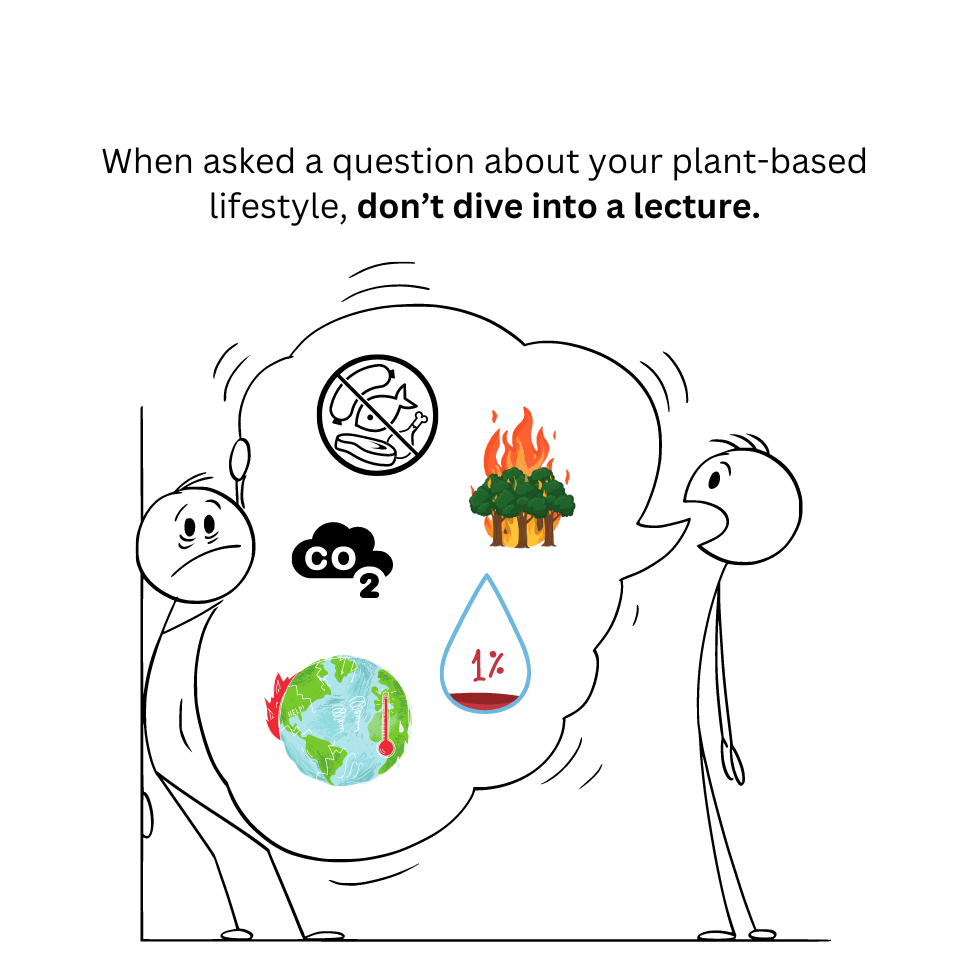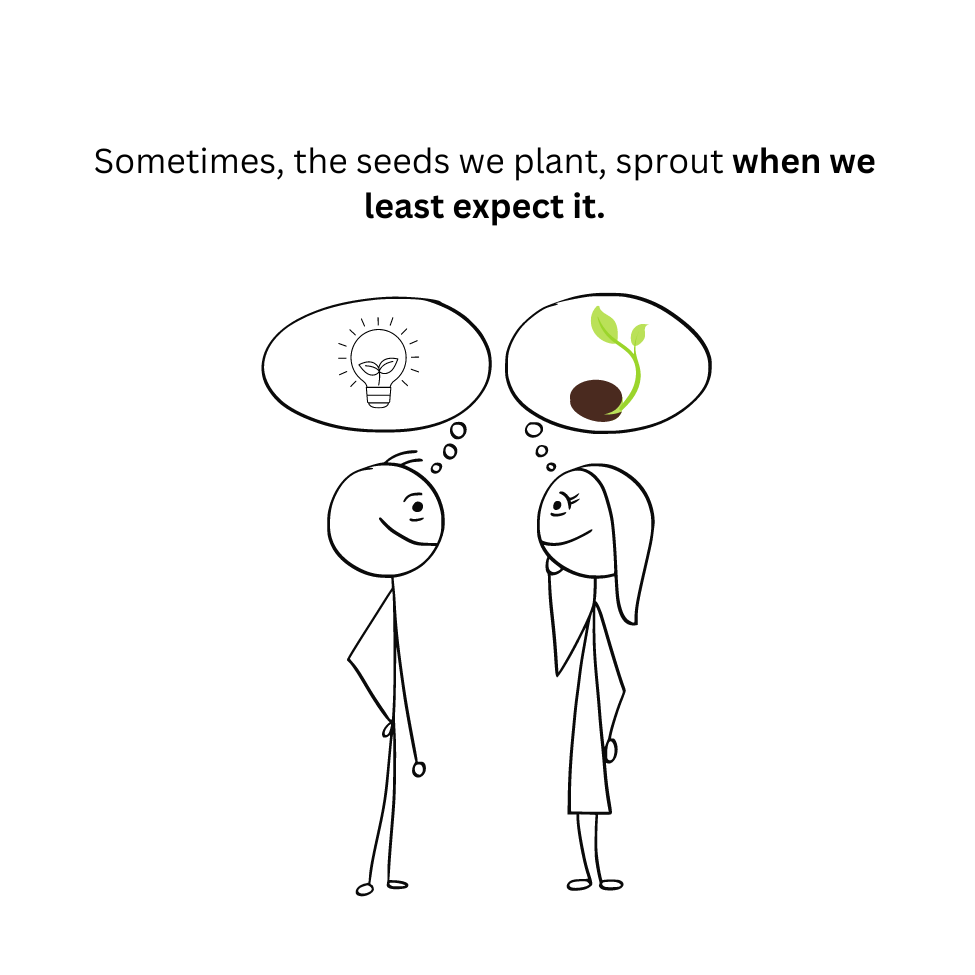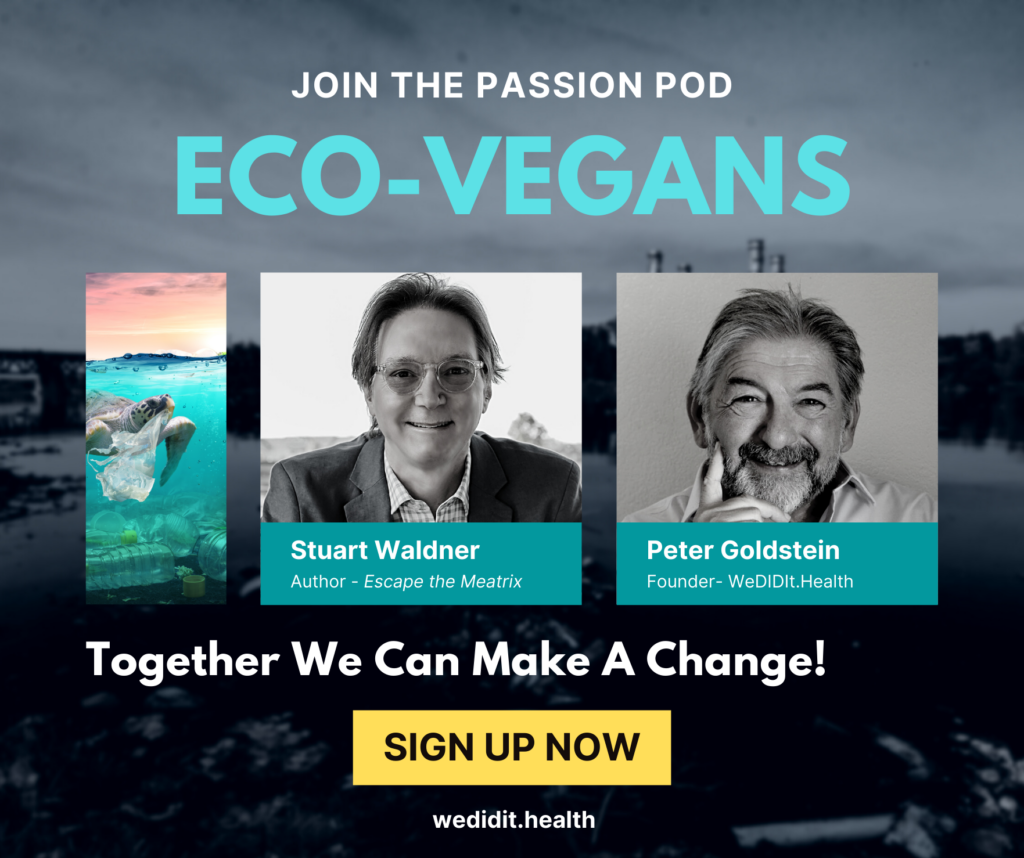You’re at a family gathering, maneuvering through the buffet to scoop up the few plant-based dishes you can find. Just as you’re about to take a bite, someone notices your plate and says, “No meat for you today?”
And just like that, you’re in the spotlight. The questions start—some curious, some downright skeptical. No matter how you explain your choices, the vibe shifts. Some get defensive, as if your tofu stir-fry is a personal attack on their steak. You try to keep it light, but can’t help feeling a mix of embarrassment, hurt, and isolation, wishing you could find a way to share your views without it turning into a debate.
Enter Stuart Waldner He’s been there too, navigating the choppy waters of eco-advocacy, figuring out how to have these conversations without ending up feeling like you’re speaking a different language. His book, Escape the Meatrix spills the tea on why that burger is cheaper than your kale salad and how ditching it for plants could be a game-changer for you and the planet.

As an educator, Stuart shares lifelong lessons on how to connect with people rather than pushing them away. He’s like your suave, wise friend who’s been through the vegan trenches and lived to teach about it.
In this article, he offers four effective vegan communication strategies to tackle awkward moments, transforming tricky dinner table dynamics into meaningful conversations.
Stuart’s Roadmap to Heartfelt Conversations
1. Stay Curious
Curiosity isn’t just about asking questions; it’s about opening a dialogue.
Imagine you’re at a family BBQ, and Uncle Joe is curious about your plant-based burger. Instead of diving into a lecture, you ask, “Have you ever tried one?” It’s a simple question, but it flips the script. Now, you’re engaging, and sharing experiences.
And when Uncle Joe mentions his concern about protein, you ask, “Would you like to know how I get mine?” It’s inviting, not confrontational.

2. Listen for Real
Active listening is a superpower.
Picture a coffee chat with a friend skeptical about climate change. They mention how changes seem overwhelming and pointless. Instead of jumping in with facts, you say, “It sounds like you feel the problem is too big to tackle. I’ve felt that way too.”
This acknowledgment can turn walls into bridges. Suddenly, it’s not about convincing; it’s about understanding and sharing.
Read more about Active Listening in this article.
3. Find Common Ground
Finding common ground is like discovering a secret passage to someone’s attention.
For example, if a colleague expresses worry over rising food costs, you might share your own concerns but then gently introduce how cutting out meat has saved you money. It’s not a debate but a shared journey toward mutual goals.
This article by CEVA shares more such examples to help you build a sense of connection with others.
4. Ease Up on the Outcome
Change is a marathon, not a sprint.
Imagine your friend reacts defensively when you bring up animal welfare. Instead of pressing, you smile and say, “It’s a lot to think about. I’m here if you ever want to chat more.”
It’s a seed planted, not a battle won or lost. And sometimes, those seeds do sprout when we least expect it.

This is Where The Vegan Community Comes In
This is YOUR place. A community of communities, where your passions are not just understood but shared. It’s where you can open up, receive support, and learn with people who care as deeply about compassionate living as you do.
Stuart’s EcoVegan Passion Pod, for instance, is the cool corner of The Vegan Community where everyone’s buzzing about how to save the planet. Think of it as your go-to hangout for swapping stories, tips, and maybe a joke or two with folks who get it.
The biggest plus? Stuart’s at the helm, sharing about plant-based lifestyles and making sure everyone feels right at home. Joining means you’re part of a team that’s all in on making a difference—and having a blast while at it!

So, what do you say? Ready to spin those awkward moments into gold? Hit that subscribe button and share these effective vegan communication strategies with your tribe!
For bite-sized, chewy content, follow us on Instagram and Facebook. We’re all about plant-based advocacy tips that make a real impact, not just in our lives but for the planet too.
See you in the comments, on social, and hey, maybe even in Stuart’s EcoVegan Passion Pod. Let’s do this – one conversation, one shared story, and one new friend at a time.
Further resources:
- In his bestselling book How to Argue with a Meat Eater (And Win Every Time), viral content creator & activist Ed Winters shares powerful insights that will give pause to even the most devout meat eater.
- This video from Clare Mann, a leading vegan psychologist, talks about speaking your truth and communicating with impact.
- Check out this list of possible excuses for animal cruelty and how to respond to each situation.


